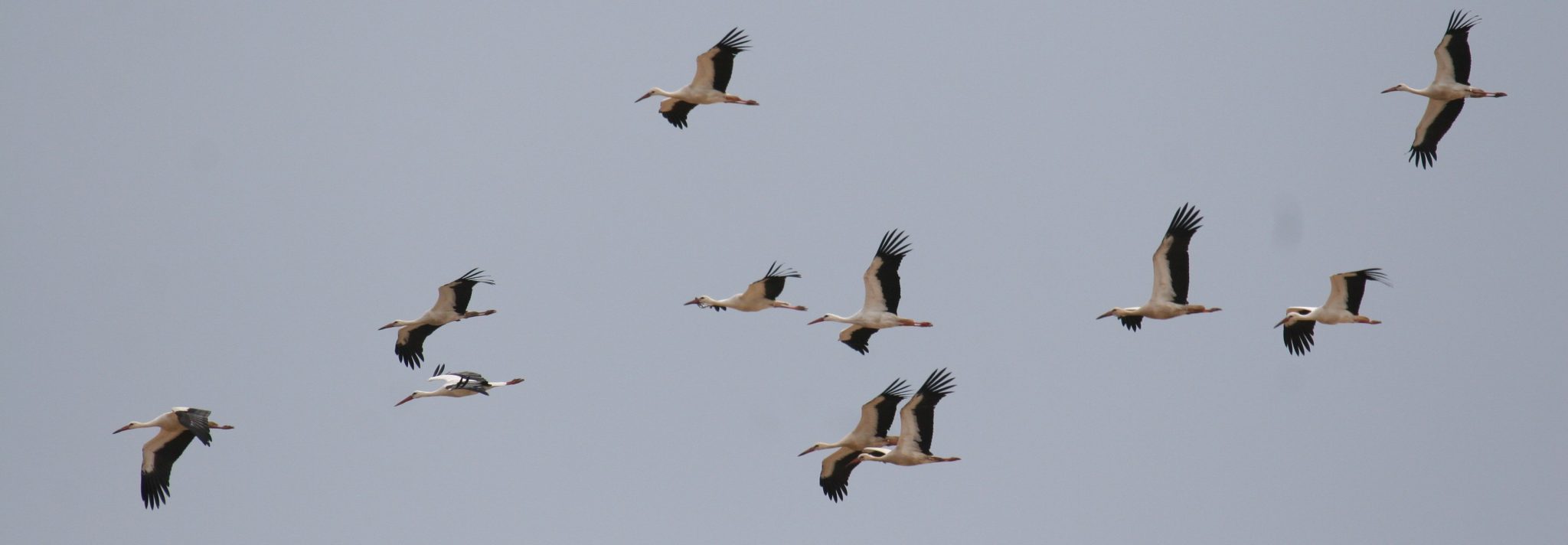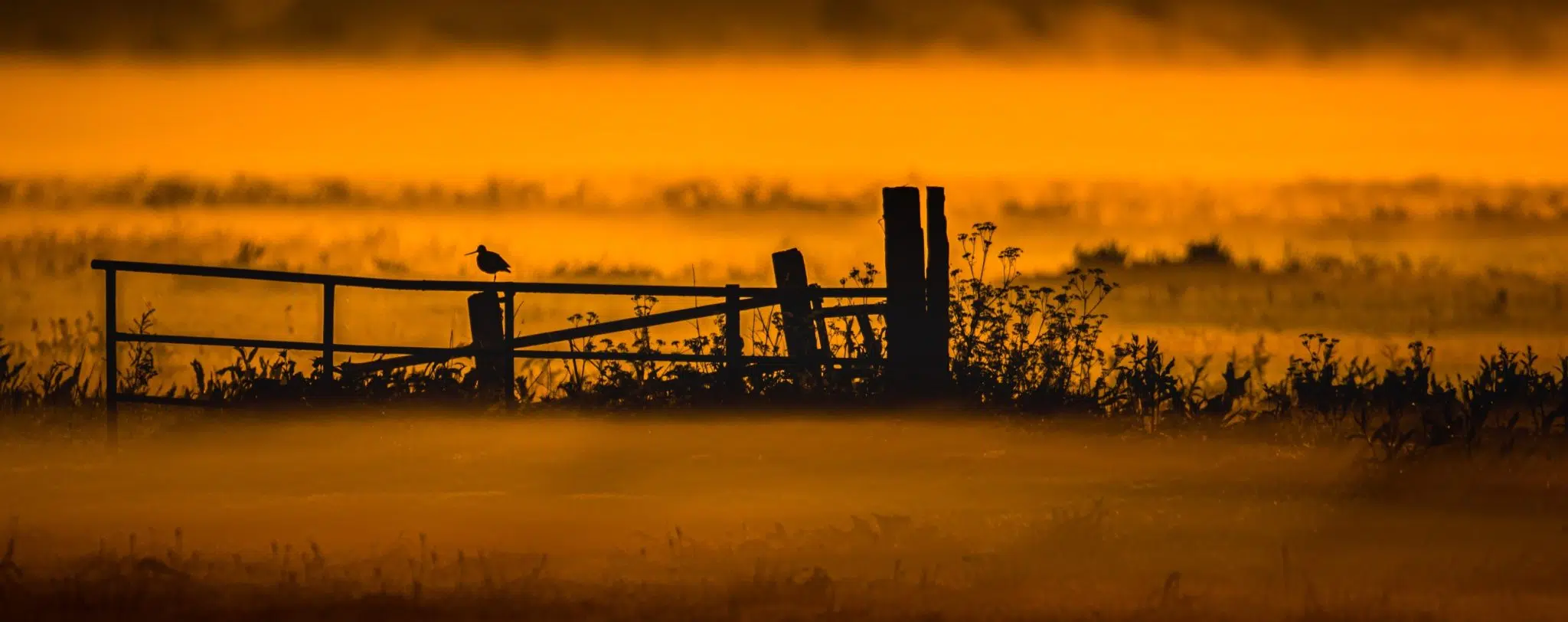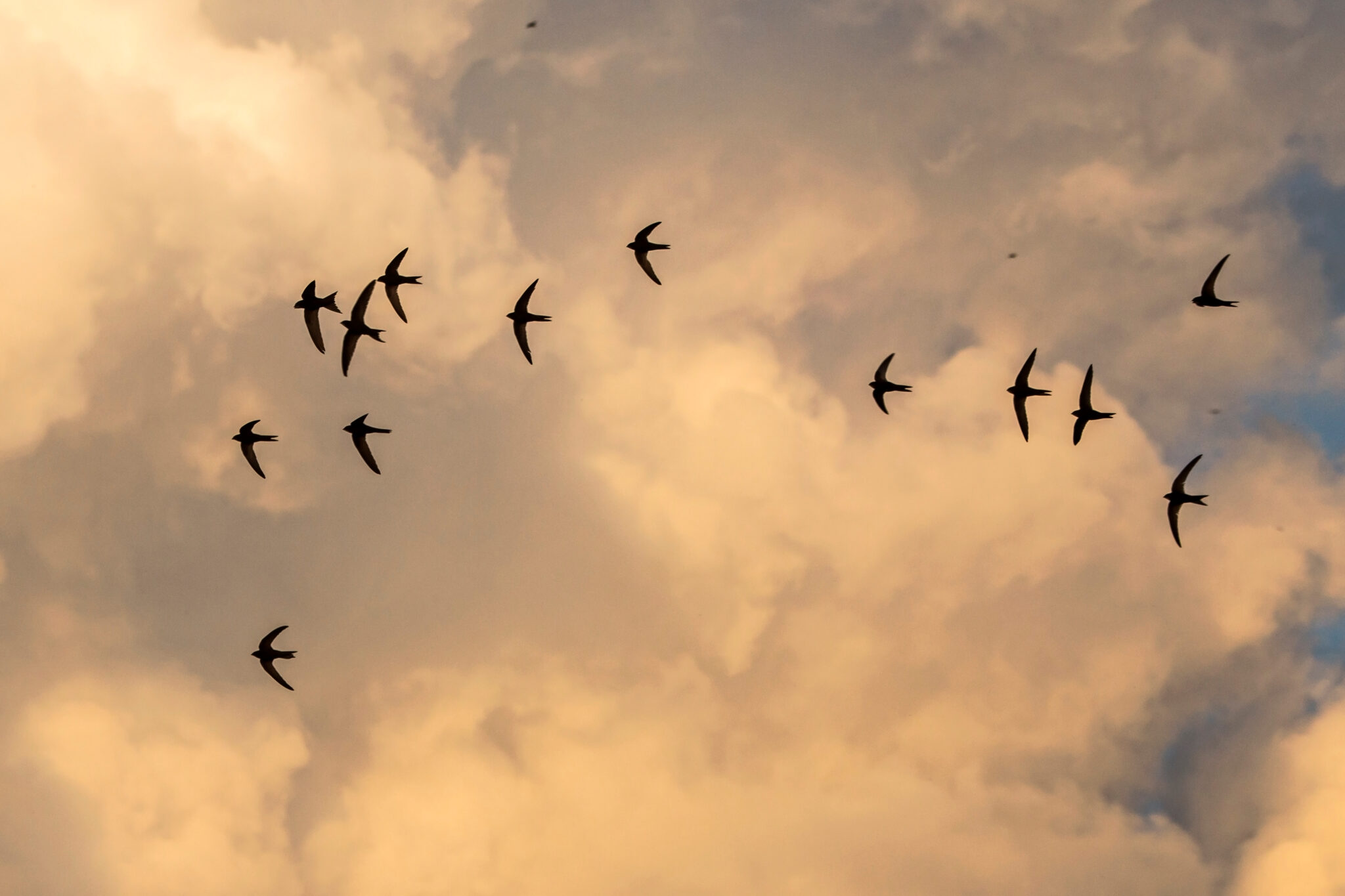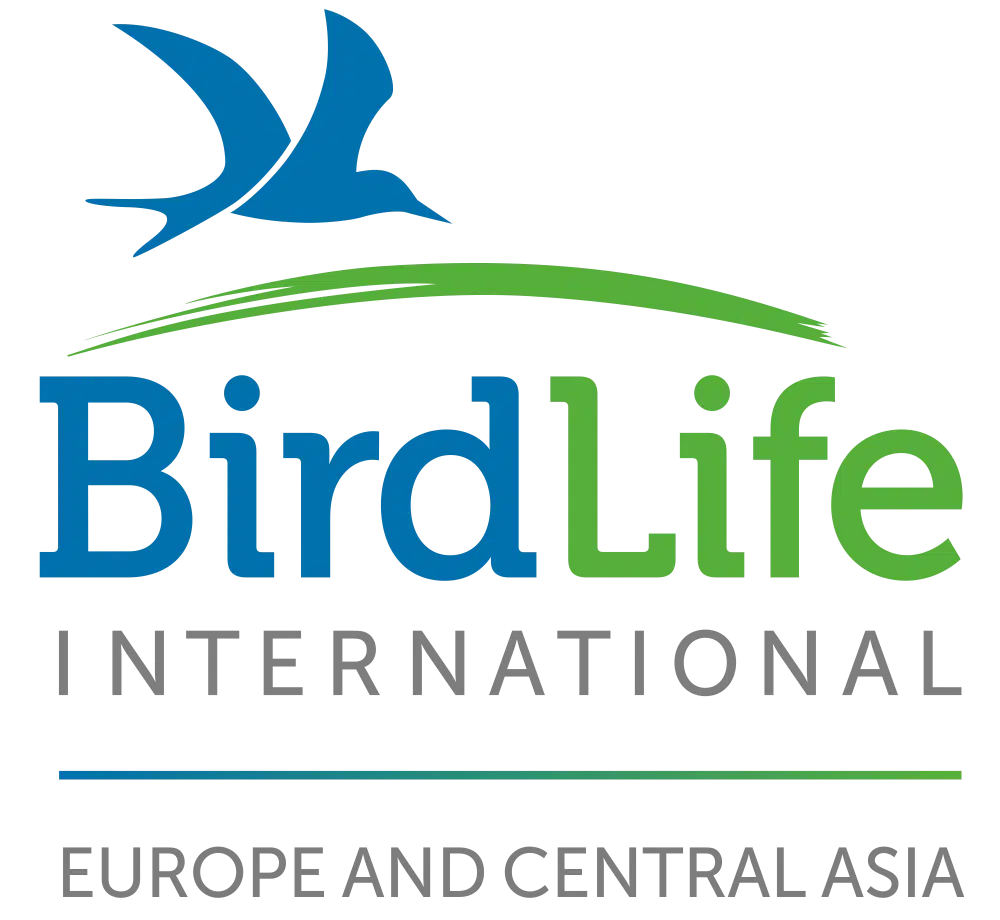No insects, no birds – World Migratory Bird Day 2024

Today, on World Migratory Bird Day, we celebrate the essential role insects play in fuelling the journeys of migratory birds across vast distances. These tiny creatures are vital for replenishing the energy reserves of traveling birds of all sizes, influencing the timing, duration, and overall success of their migrations. This is particularly evident at crucial stopover points, where peak insect abundance coincides with the arrival of traveling birds.
But the outlook for insect populations is bleak. Studies reveal staggering declines of at least 70% in recent decades across Europe. Data from participatory science experiments in Britain and Germany reveal alarming declines 63.7% between 2004 and 2022. In Germany, studies conducted in protected agricultural landscapes show an average decline of 76% in flying insect biomass between 1989 and 2016. Similar declines have been observed in Denmark, where analysis suggests an 80% drop in insect collisions on busy roads between 1997 and 2017. While data from France is scarce, trends mirror those seen in neighbouring countries.
Human activities that fuel habitat loss, climate change, agricultural intensification, invasive species, and the excessive use of harmful synthetic chemicals, are identified as the primary drivers behind this distressing decline. Intensive farming practices, in particular, have transformed vast expanses of land into inhospitable environments for insects and other wildlife. Natural features such as hedgerows, which serve as essential shelters and habitats for wildlife, are disappearing at an alarming rate. Monoculture fields, where single crops dominate, often lack biodiversity and are heavily treated with pesticides.
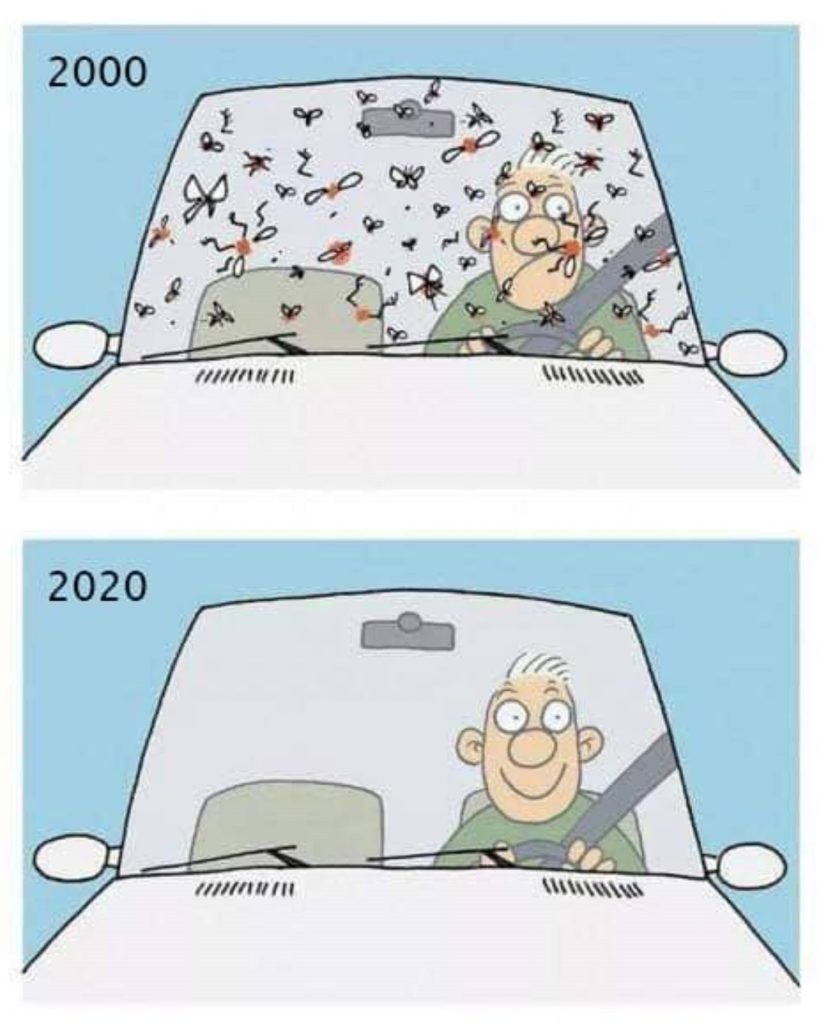
Given the critical role insects play as the foundation of ecosystems, as well as an important food source for birds and other wildlife, their decline presents significant ecological challenges and jeopardizes the delicate balance of biodiversity. The loss and disturbance of insect populations along avian migration routes pose a direct threat to bird populations. A shortage of insects, which are rich in energy and protein, can lead to weakened immune systems, lower reproductive success, and higher mortality rates among both adult birds and their offspring.
For instance, the White Stork (Ciconia ciconia), relies on insects during its travels across Sub-Saharan Africa, where it predominantly feeds on the Red Locust and Desert Locust. Changes in insect abundance due to human activities and environmental disruptions can hinder the stork’s ability to find enough food to fuel its travels, affecting its migration patterns and overall health.
At BirdLife, by monitoring birds and their migration patterns, we can identify the vital habitats they need in order to protect and restore them. We advocate for sustainable agricultural policies, to ensure a harmonious coexistence between nature and farming practices. Through these efforts, we strive to protect the delicate balance of ecosystems and support the survival of migratory birds and their insect companions for generations to come.
Cover image by WildMedia/Shutterstock
Written by Caroline Herman
You might be interested in:
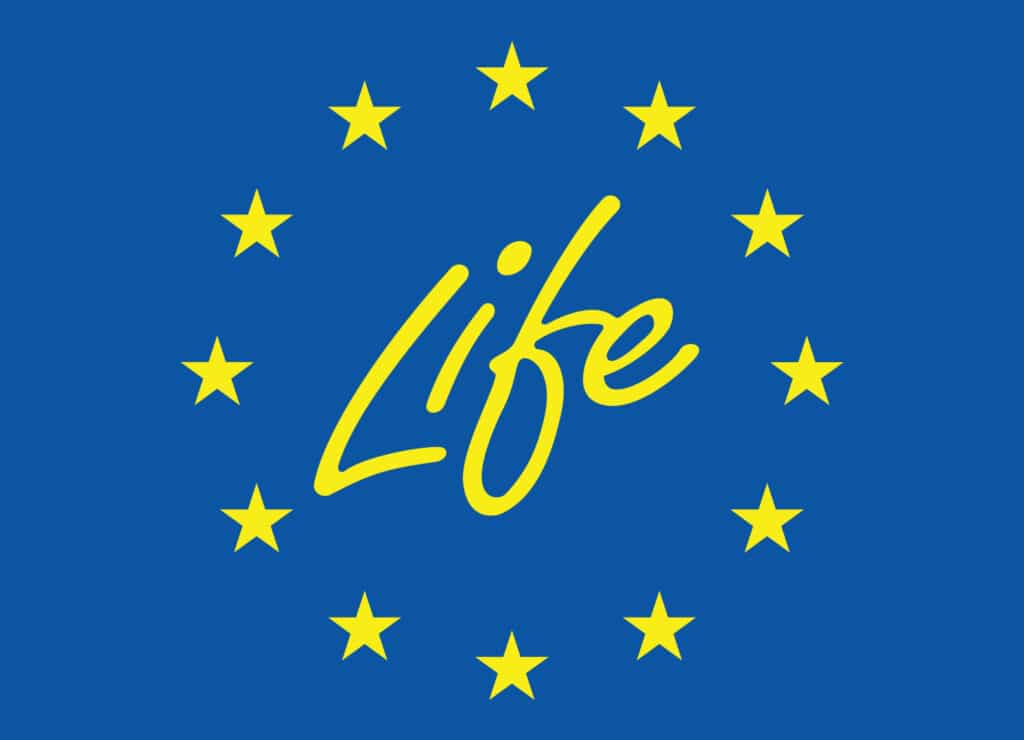 | Stichting BirdLife Europe gratefully acknowledges financial support from the European Commission. All content and opinions expressed on these pages are solely those of Stichting BirdLife Europe. The European Commission is not responsible for any use that may be made of the information it contains. |
